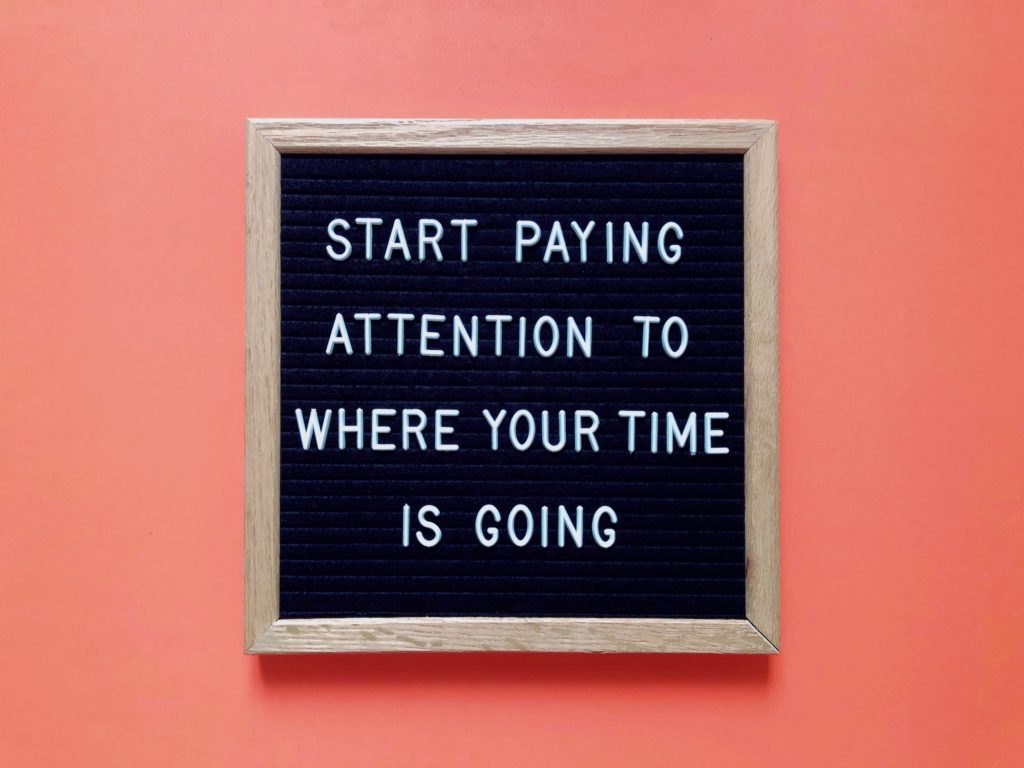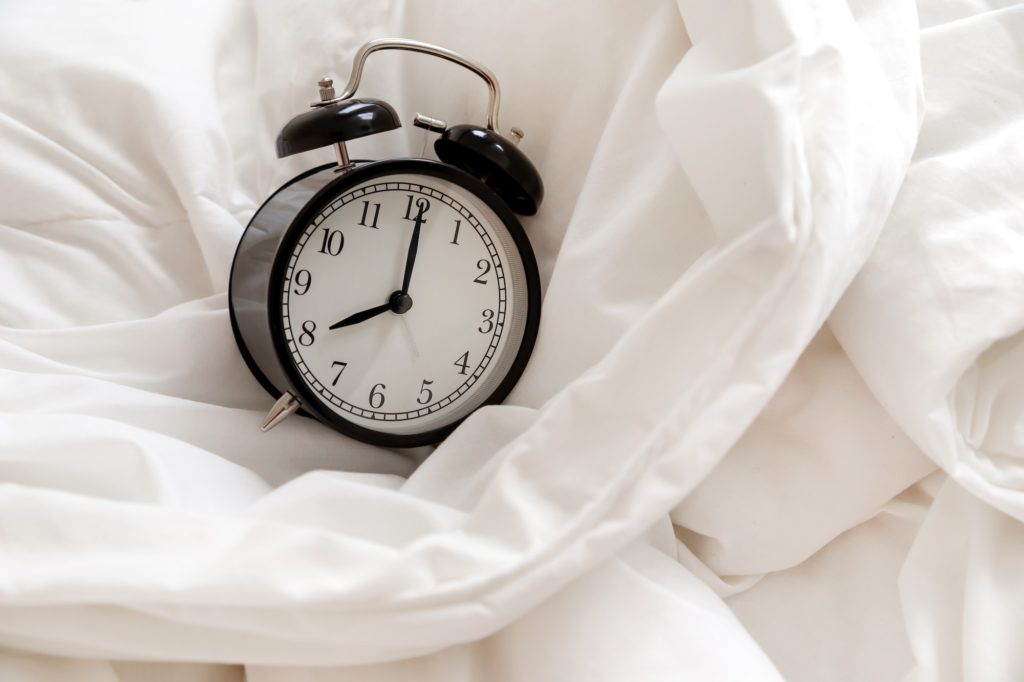Most people hate routine because they prefer to be adventurous, unpredictable, and spontaneous, but routine
can improve health, well-being, and productivity.
The importance of routine in our lives
Habits vary from person to person. The system of habits determines how we work, our relationships look like, what we need to improve or change, and more.
There are five main benefits to routine, which are the basis for creating a balanced life.
One of them is our time management. Daily habits allow us to manage our time easily. This allows a profound observation and understanding, of how our time is “wasted”, and allows us to achieve goals and order in life.
The second advantage is self-discipline. Conducting according to a daily routine does not allow the entry of bad habits into the daily routine. The order and organization that will characterize our lives in this way, will affect our work, emotions, thoughts, relationships and every other aspect.
The third advantage is the focus. Routine and acquiring habits do not allow for distractions. As a result, the work is flowing, efficient, and focused.
The fourth advantage is a healthy balance. Thanks to habits and self-discipline, it is easy to let go, make changes and reorganize, thus avoiding unnecessary stress and problem-solving.
The last advantage is self-understanding. Over time, we will be able to develop our own habits, neutralize the habits that are less good for us, and see what works best for us. In other words, make the routine more personal and customized.
Routine management
This is a process that can be carried out in the following way:
1. Record for a whole day, everything you do
2. Reduce unnecessary activities from our day
3. Make a list of productive activities and replace them with those that are not
4. Plan the day in a diary
5. Create enough time for sleep and rest
6. Create time for breaks and distractions
7. Try the routine we created, for one day
8. change the routine according to experience
9. Repeat sections 7-8 until you find the appropriate routine








